Organic Chemistry - Organic Chemistry Insights
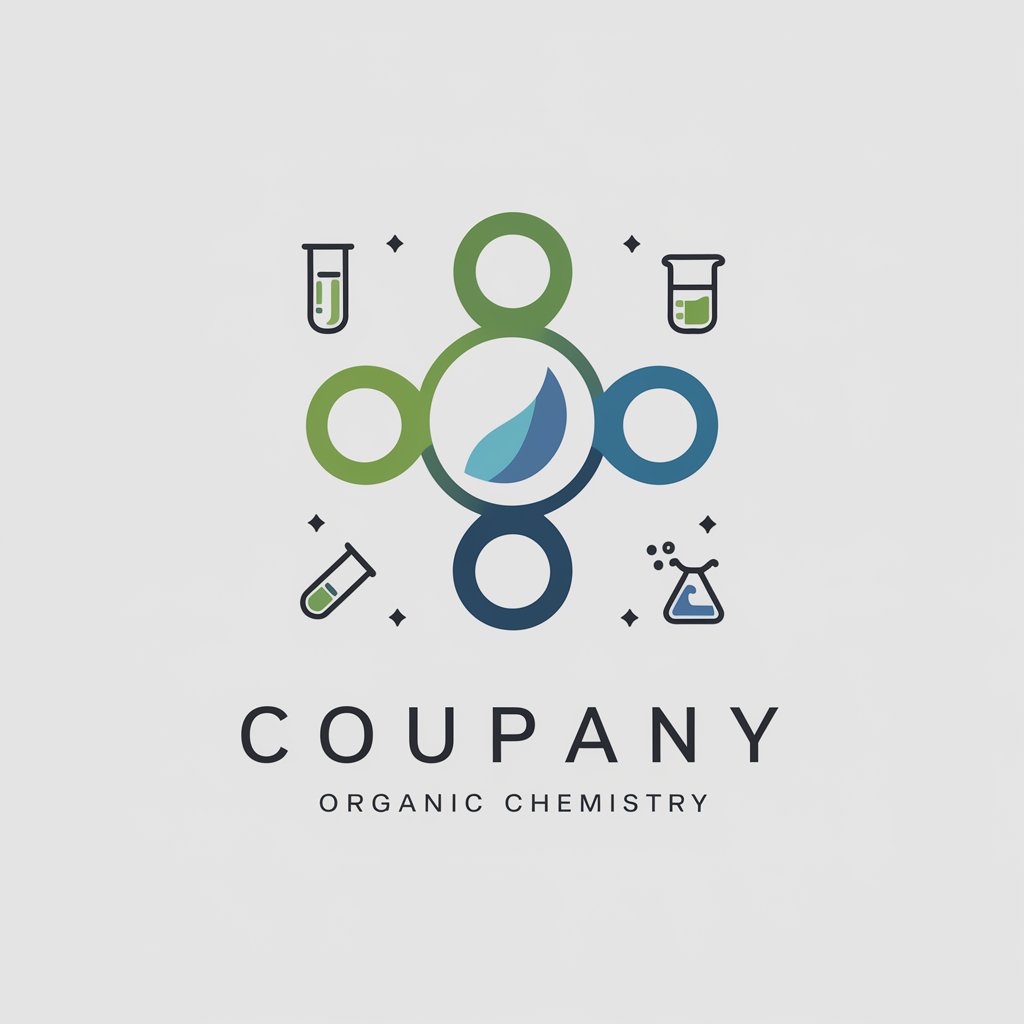
Welcome! Let's dive into the world of organic chemistry together.
Decoding Organic Chemistry with AI
Can you explain the mechanism of the Aldol condensation reaction?
What are the key steps in synthesizing aspirin from salicylic acid?
How does the concept of resonance apply to benzene?
What are the spectroscopic techniques used to analyze organic compounds?
Get Embed Code
Introduction to Organic Chemistry GPT
Organic Chemistry GPT is designed to serve as an advanced, interactive tool for delving into the vast and complex world of organic chemistry. It encompasses a wide range of functionalities, from explaining the structural nuances of organic molecules and their reactivity to guiding users through intricate synthesis strategies and analysis techniques. At its core, this GPT aims to facilitate a deeper understanding of organic compounds and their applications across various fields, such as pharmaceuticals, materials science, and environmental chemistry. For example, it can elucidate the mechanism behind the Diels-Alder reaction, a cornerstone of synthetic organic chemistry, by illustrating how dienes and dienophiles combine to form cyclohexene rings, a process pivotal in the synthesis of complex natural products. Powered by ChatGPT-4o。

Main Functions of Organic Chemistry GPT
Chemical Reaction Mechanisms
Example
Explaining the mechanism of the Sn1 reaction, detailing the step-by-step process of carbocation formation and nucleophilic substitution.
Scenario
A student struggling with understanding reaction mechanisms for their organic chemistry course can receive a detailed breakdown of each step, enhancing comprehension and academic performance.
Molecular Structure Analysis
Example
Describing the concept of chirality and its importance in the molecular structure of organic compounds, including how enantiomers can have drastically different biological activities.
Scenario
A researcher designing a new drug can use this function to understand the stereochemical requirements for binding to a biological target, guiding the synthesis of more effective therapeutic agents.
Synthesis Strategies
Example
Providing a strategy for the total synthesis of a complex molecule, such as Taxol, including retrosynthetic analysis and selection of suitable reagents and reaction conditions.
Scenario
Chemists in the pharmaceutical industry can leverage this function to plan and optimize the synthesis of potential drug candidates, streamlining the drug development process.
Ideal Users of Organic Chemistry Services
Students and Educators
This group includes undergraduate and graduate students studying organic chemistry, as well as educators and professors teaching the subject. They benefit from detailed explanations, mechanism illustrations, and problem-solving strategies, enhancing learning outcomes and teaching effectiveness.
Research Scientists and Chemists
Professionals working in research labs and the chemical industry, particularly those involved in drug discovery, materials science, and environmental chemistry. They gain insights into advanced synthesis techniques, molecular analysis, and chemical property optimization, supporting innovative research and development projects.
Hobbyists and Enthusiasts
Individuals with a keen interest in chemistry who seek to expand their knowledge and understanding of organic compounds and reactions. This service offers them a platform to explore complex concepts at their own pace, fostering a deeper appreciation for the discipline.

How to Utilize Organic Chemistry GPT
Initiate Free Trial
Begin by accessing yeschat.ai to initiate a free trial, bypassing the need for login or subscription to ChatGPT Plus.
Identify Your Needs
Assess your specific needs in organic chemistry, whether it's for academic purposes, research, or general interest, to tailor the tool's use to your requirements.
Engage with the Tool
Utilize the tool by asking detailed questions or presenting problems related to organic chemistry, including reaction mechanisms, molecular structures, and synthesis strategies.
Analyze Responses
Carefully review the provided information and answers, making use of diagrams or explanations for a deeper understanding of organic chemistry concepts.
Apply Knowledge
Apply the insights and information gained to your specific context, such as academic writing, research projects, or enhancing your understanding of chemical principles.
Try other advanced and practical GPTs
Learn Chemistry with Walter White
Chemistry education with a charismatic twist.
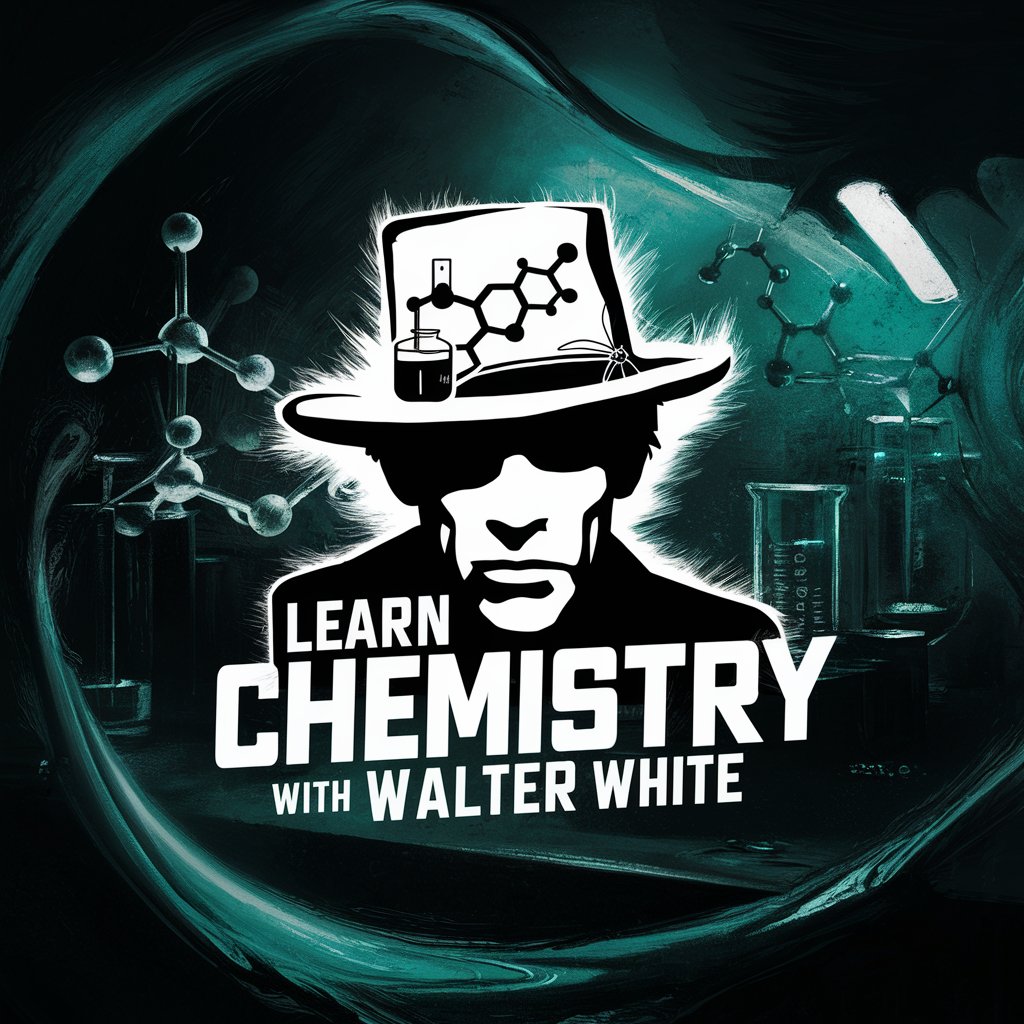
Organic Chemistry Tutor
Sarcastic, AI-powered Chemistry Tutor
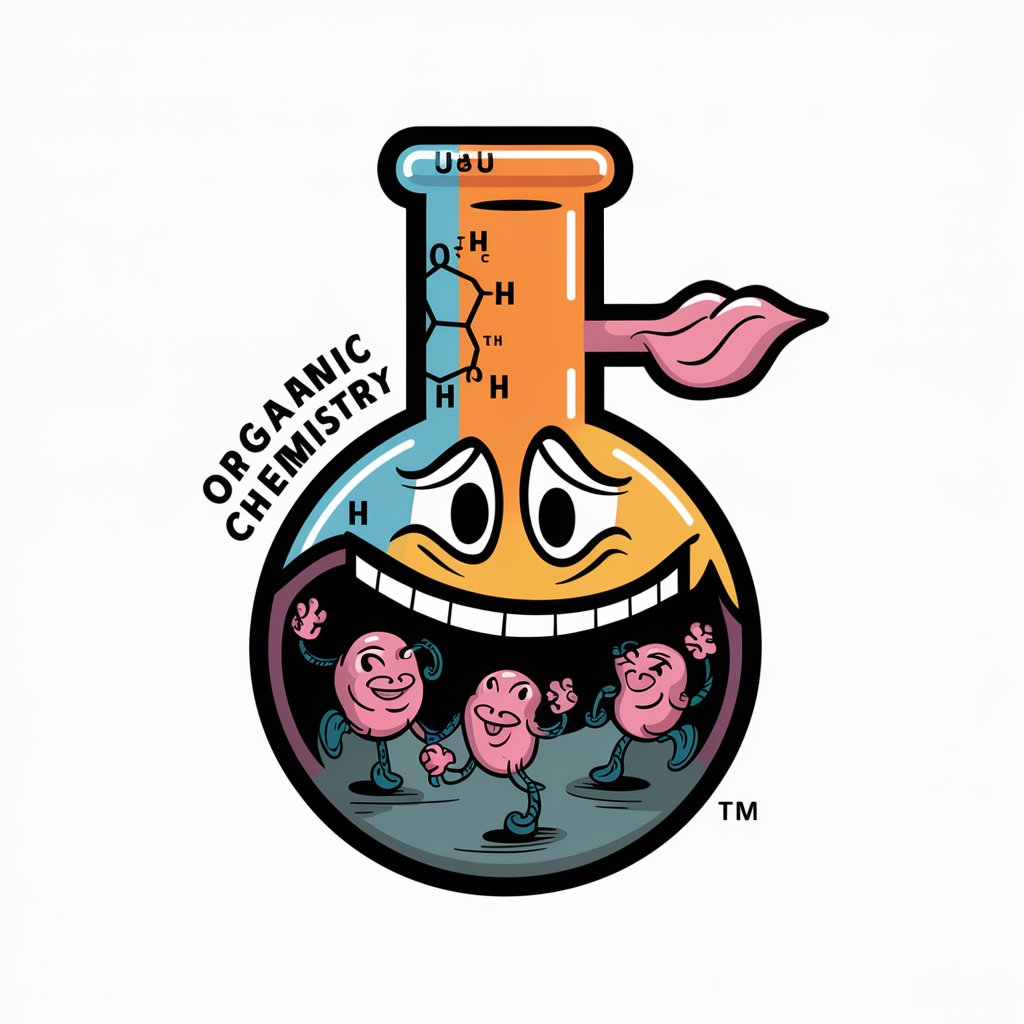
化学の優しい先生
Empowering chemistry learning with AI.
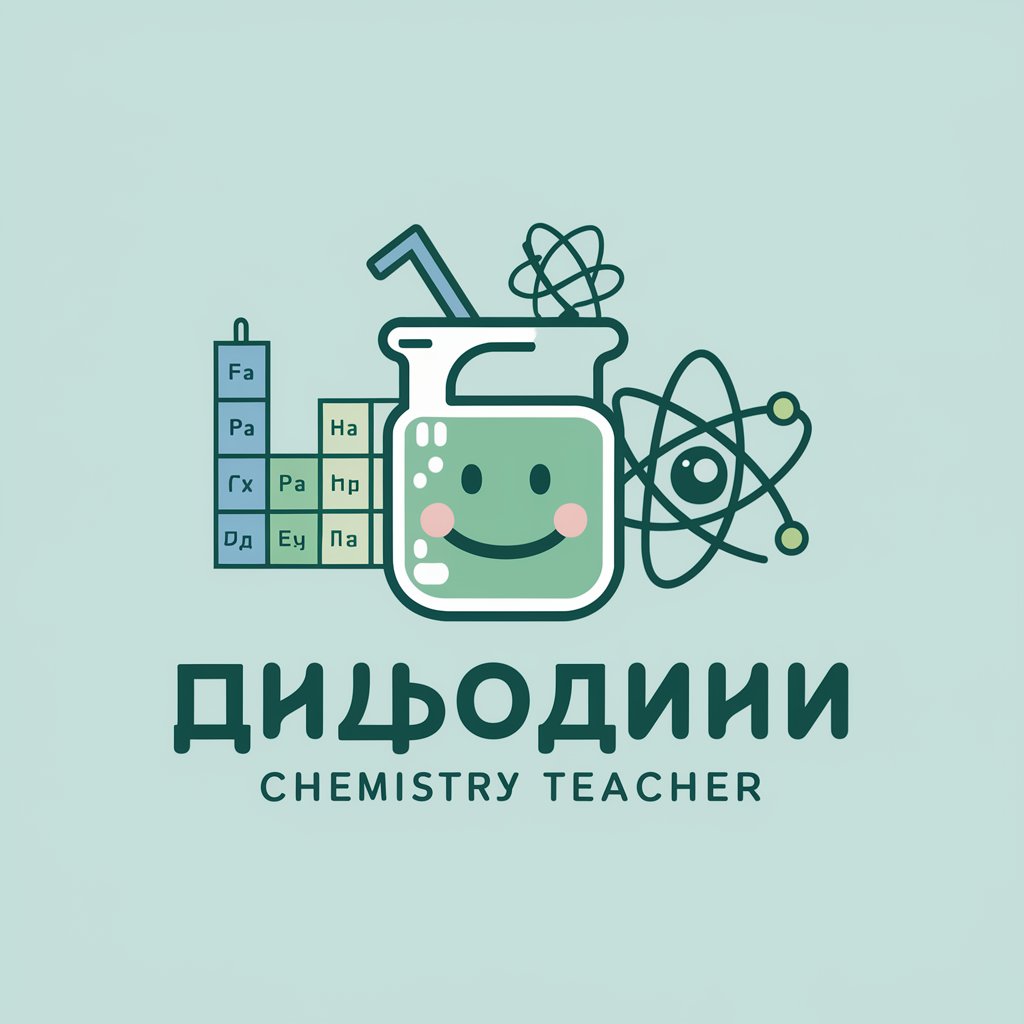
Financial Planning and Analysis Assistant
Empowering businesses with AI-driven financial insights.

>be me
Crafting humor with AI-powered greentexts

Fiction Fusion
Crafting Your Stories with AI Imagination

Acid
Unlock the world of acids with AI
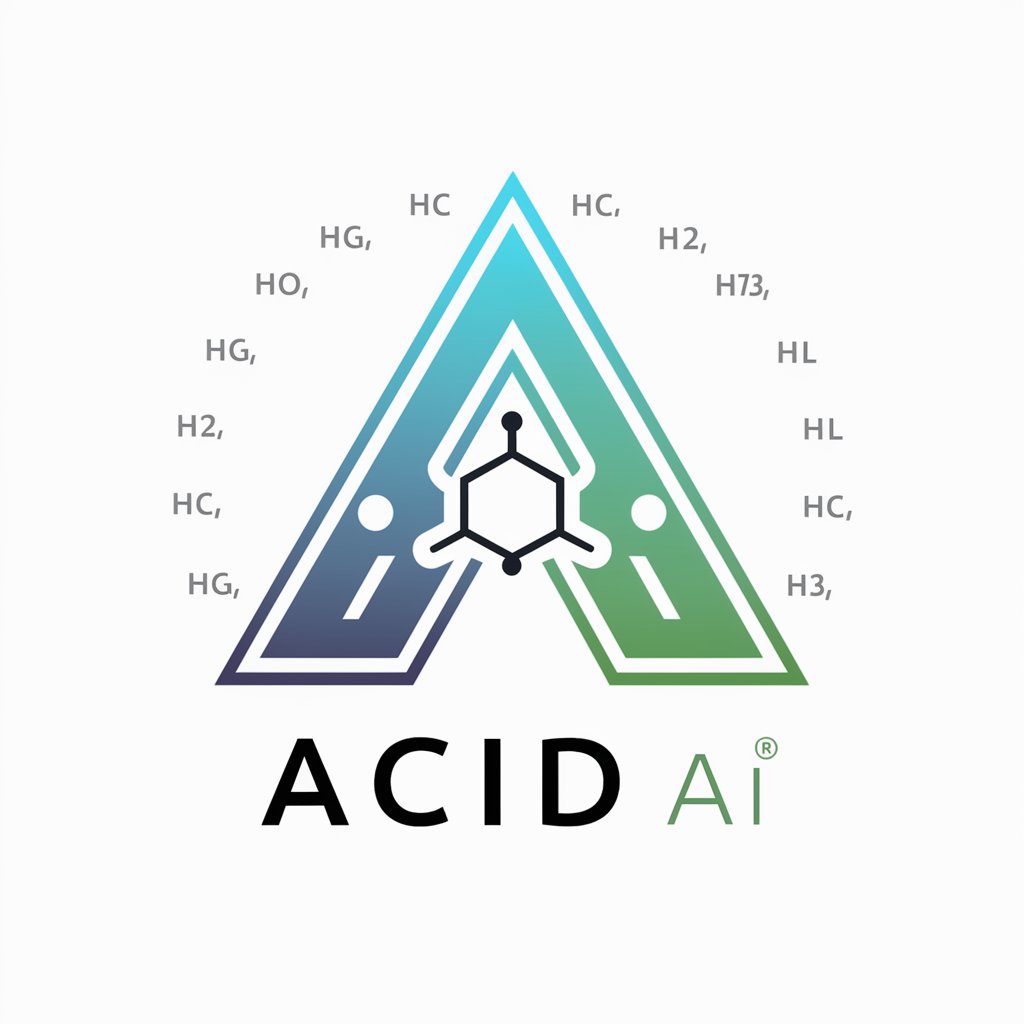
St. Thomas Aquinas
Empowering Faith Through Reason

Bilderbenennungs Hillfe
Streamline Your Amazon Listings with AI-Powered Image Naming

GregBot
Empower Your Queries with AI

Drima
Bridging Faith, Culture, and the African Diaspora with AI

Jesus Christ
Exploring the life of Jesus with AI

Detailed Q&A about Organic Chemistry GPT
What is Organic Chemistry GPT?
Organic Chemistry GPT is an AI-powered tool designed to assist users in understanding and solving complex problems related to organic chemistry, including chemical reactions, molecular structures, and synthesis strategies.
How can Organic Chemistry GPT assist in academic research?
The tool can help by providing detailed explanations of chemical processes, suggesting synthesis routes for organic compounds, and offering insights on molecular behavior, thereby aiding in the formulation of research questions and experiments.
Can Organic Chemistry GPT help in preparing for exams?
Yes, it can assist students in exam preparation by explaining difficult concepts, solving problems, and offering practice questions on various organic chemistry topics.
How does Organic Chemistry GPT handle synthesis problems?
It analyzes the given problem, suggests possible synthetic pathways, discusses reaction mechanisms, and can offer alternative routes, taking into consideration factors like yield, cost, and environmental impact.
Is Organic Chemistry GPT suitable for industry professionals?
Absolutely, industry professionals can use it to explore new synthetic methods, understand reaction mechanisms, and stay updated on the latest trends and discoveries in the field of organic chemistry.
